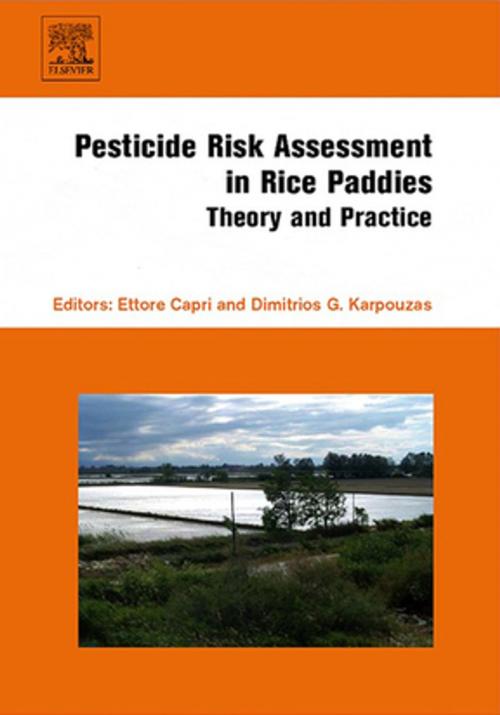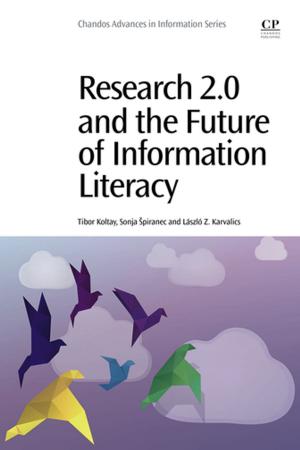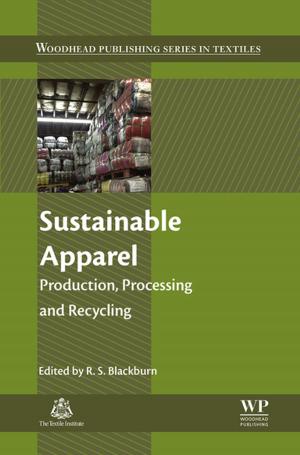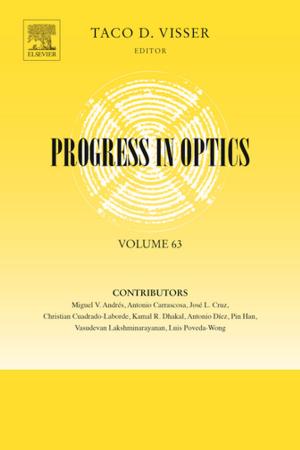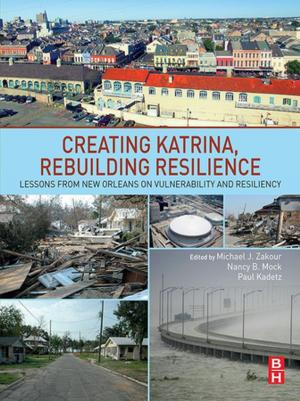Pesticide Risk Assessment in Rice Paddies: Theory and Practice
Nonfiction, Science & Nature, Science, Biological Sciences, Environmental Science, Nature, Reference & Language, Reference| Author: | ISBN: | 9780080551142 | |
| Publisher: | Elsevier Science | Publication: | August 11, 2011 |
| Imprint: | Elsevier Science | Language: | English |
| Author: | |
| ISBN: | 9780080551142 |
| Publisher: | Elsevier Science |
| Publication: | August 11, 2011 |
| Imprint: | Elsevier Science |
| Language: | English |
Rice is cultivated throughout the world under submerged conditions. The high water requirements and the heavy pesticide load used in rice paddies worldwide have resulted in contamination of associated surface water, such as streams, ditches, rivers and lakes. The uniform risk assessment approach which has been developed for other crops is not applicable to rice paddies, because of the specific conditions applied to rice cultivation.
Pesticide Risk Assessment in Rice Paddies: Theory and Practice fills the gap in information on this subject. Written by experts, this book summarizes the methods used for pesticide risk assessment in rice paddies, the limitations and problems encountered and future developments. It also examines the various agronomic, pesticide application and risk assessment approaches used in different rice cultivated zones in Asia, America and Europe and is an essential reference for those working in this area.
* The only up-to-date book dealing with pesticide risk assessment in the flooded conditions of rice paddies
* Offers guidelines on the use and application of existing modeling tools, specific for rice cultivation
* Presents the differences and similarities in rice cropping systems and how these relate to pesticide risk assessment
Rice is cultivated throughout the world under submerged conditions. The high water requirements and the heavy pesticide load used in rice paddies worldwide have resulted in contamination of associated surface water, such as streams, ditches, rivers and lakes. The uniform risk assessment approach which has been developed for other crops is not applicable to rice paddies, because of the specific conditions applied to rice cultivation.
Pesticide Risk Assessment in Rice Paddies: Theory and Practice fills the gap in information on this subject. Written by experts, this book summarizes the methods used for pesticide risk assessment in rice paddies, the limitations and problems encountered and future developments. It also examines the various agronomic, pesticide application and risk assessment approaches used in different rice cultivated zones in Asia, America and Europe and is an essential reference for those working in this area.
* The only up-to-date book dealing with pesticide risk assessment in the flooded conditions of rice paddies
* Offers guidelines on the use and application of existing modeling tools, specific for rice cultivation
* Presents the differences and similarities in rice cropping systems and how these relate to pesticide risk assessment
